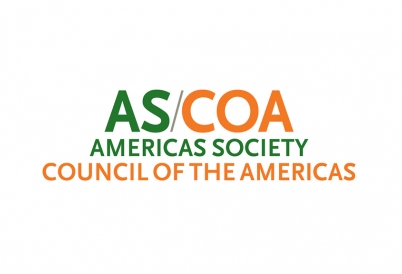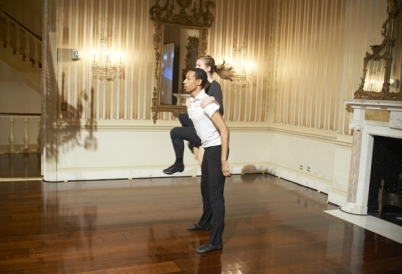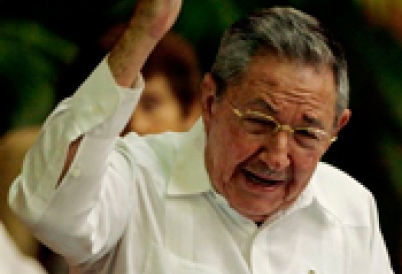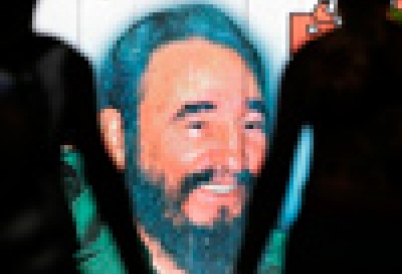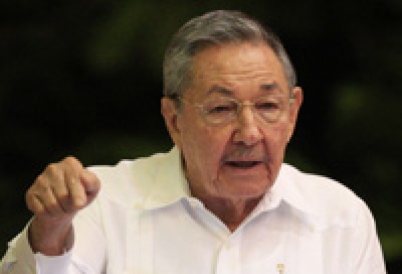An AS/COA panel explored the ramifications of Iranian President Mahmoud Ahmadinejad's January 2012 visit to Latin America, as well as Tehran's ties to the region.
Choreographer Rodrigo Pederneiras, jazz legend Paquito D’Rivera, and Limón Artistic Director Carla Maxwell discussed the company’s new collaboration.
Havana’s new laws on the sale of private property took effect November 10. They fit into the larger context of reforms enacted by Raúl Castro since he assumed power in 2008.
Cuba observers of the Arab Spring wonder if Havana's autocratic regime is next to fall. "It isn't," writes AS/COA's Christopher Sabatini for CNN's Global Public Square,"and we have U.S. policy partly to blame."
Raúl Castro surprised observers Monday when he said at a National Assembly meeting that Havana may reform Cuban migration laws. But the country’s Parliament did not address the country's many pressing economic issues.
"Venezuela's ideologically driven largesse is the only thing keeping Cuba's creaking economic system afloat," says AS/COA's Christopher Sabatini in a Q&A with Latin American Advisor, adding: "There is no other country that could step in."
AS/COA's Christopher Sabatini writes in The Huffington Post that a new provision in the U.S. House appropriations bill limiting Cuban-Americans' ability to visit family on the island runs counter to U.S. interests and to those of the Cuban people.







